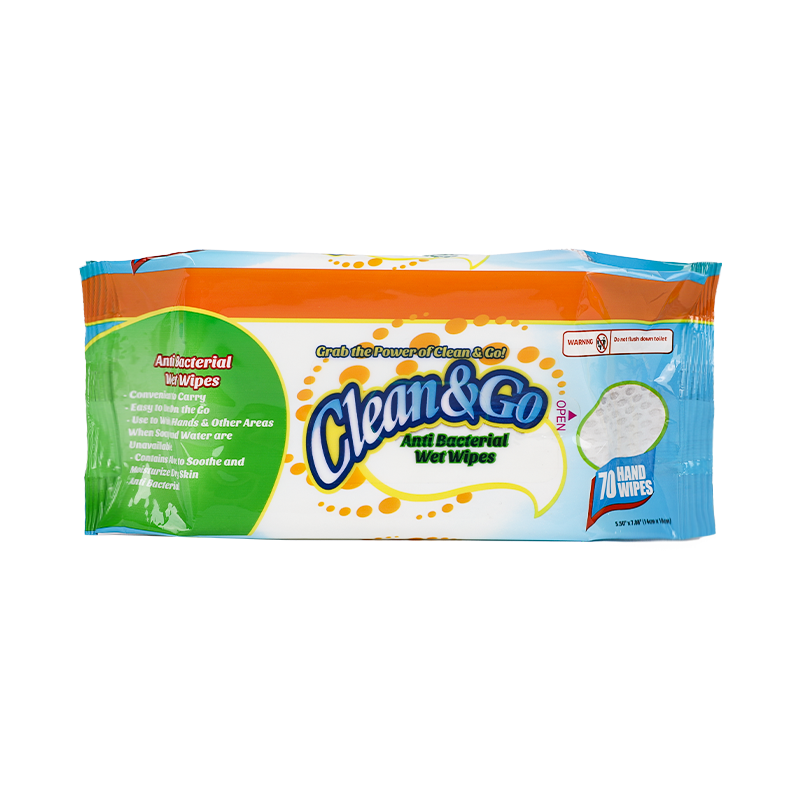
Before you purchase Hand Sanitizing Wipes, you should be aware of the different types available and the ingredients they contain. The following article will help you choose the best product for your needs. This article will also discuss the safety issues and side effects associated with these products. Before you purchase hand sanitizing wipes, make sure to read the label and read the ingredients list. This way, you'll be able to make a wise decision.
If you're considering using a hand sanitizing wipe to get rid of germs, you may want to look at the ingredients. Many hand sanitizers contain preservatives, which are harmful to your health. Preservatives include sodium benzoate, parabens, potassium sorbate, and methylisothiazolinone. All of these substances are unnecessary, and they can cause irritation to your skin.
Hand sanitizing wipes contain alcohol. Benzalkonium chloride and alcohol are the only ingredients known to effectively kill bacteria. Alcohol-based hand sanitizers are recommended by china baby wipes manufacturers the CDC and FDA. Alcohol-based hand sanitizers are an excellent choice for preventing infections. These products are easily available in multipacks, as well as single-use wipes.
The Oxford Dictionaries defines hand sanitizing wipes as "a disinfectant used to eliminate bacteria and viruses" and is part of the Oxford University Press. They also note that a hand sanitizing wipe reduces the risk of contracting rotavirus and rhinovirus infections. The researchers used Bacteriophage MS-2 as the marker virus in the study. The hands of a female adult were inoculated with the virus and then the hands of family members were examined for the presence of Bacteriophages. Eight hours after intervention, hand samples of all family members were collected to determine baseline contamination of hands. In addition, hand samples of select fomites were taken to assess baseline contamination.
The importance of avoiding germ exposure is particularly important during flu and cold season. Hand sanitizing wipes are effective and convenient tools for keeping hands free of harmful germs. It is especially helpful when children are involved. In addition to reducing the risk of infection, they help protect students from catching cold and flu. Regular use of hand sanitizing wipes is essential for a healthy school environment.
Whether you're at work or in your home, Hand Sanitizing Wipes are an essential part of your workplace health and safety program. Alcohol-based wipes kill germs and are safe for the smallest skin types. They're ideal for the office and can be carried in your purse or backpack. The wipes come in a handy 72-count case to make them easy to use when you're on-the-go.
When you're using hand sanitizer, always make sure you're in a well-ventilated area. Because of the increased call volume of alcohol-based hand sanitizers, you should supervise young children using the products. Make sure the wipes aren't packaged in containers that look like food or contain flavors. Lastly, don't use alcohol-based Hand Sanitizing Wipes on children under two years old.
While hand sanitizing wipes are a helpful tool to combat germs, some chemicals present a risk to human health. These chemicals are often made with alcohol, which is not good for our health. Some hand sanitizers contain isopropanol, which is hazardous to human health and the environment. Hydrogen peroxide has similar risks, but small amounts are harmless to humans and the environment. The potential for poisoning is particularly high for children. Further, extensive exposure to alcohol-based hand sanitizers can alter the hormonal cycle and disrupt fertility. Further, prolonged exposure to these disinfectants can cause mutated microorganisms.
Studies have shown that the alcohol in hand sanitizers can cause sensitivity and itching. Moreover, the alcohol can also dry out the upper layers of skin, making them more susceptible to infections. While hand sanitizers are often recommended for daily use, they should not be used on your face or body. They can also lead to skin thinness, which allows harmful UV rays to penetrate the deeper layers of the skin.
Hand sanitizer can be expensive, but refillable bottles are a relatively new trend. Many new bottles of hand sanitizer only cost around $20. The problem? People have a tendency to use up the entire container. So, what's the solution? Refillable bottles are a cheap, easy way to keep your staff and visitors sanitized. And they're great for public places like schools, libraries, and offices.
Before buying hand sanitizer refills, check the ingredients. You want to ensure that they contain only the highest-quality ingredients. Look for trusted brands that produce effective hand sanitizers and have a history of using the best ingredients. Sanitary-sealed refills are best for sanitary reasons: they are completely safe, have effective dosing control, and are labeled in accordance with federal OTC drug regulations. They're also resistant to tampering.